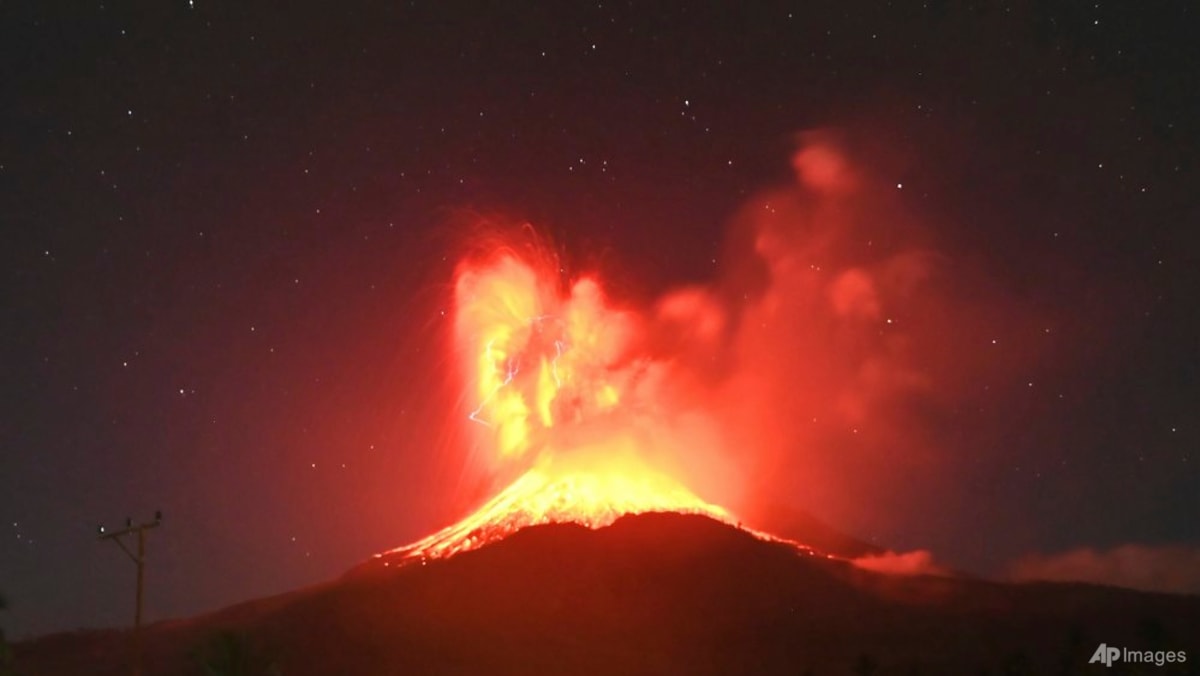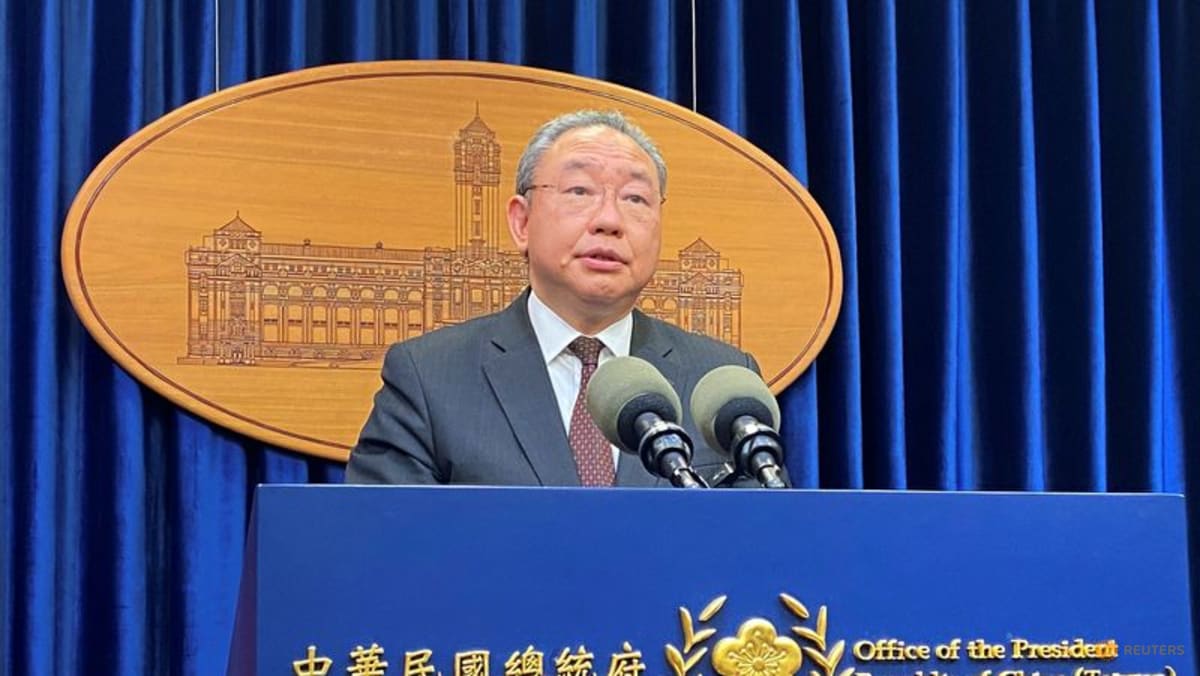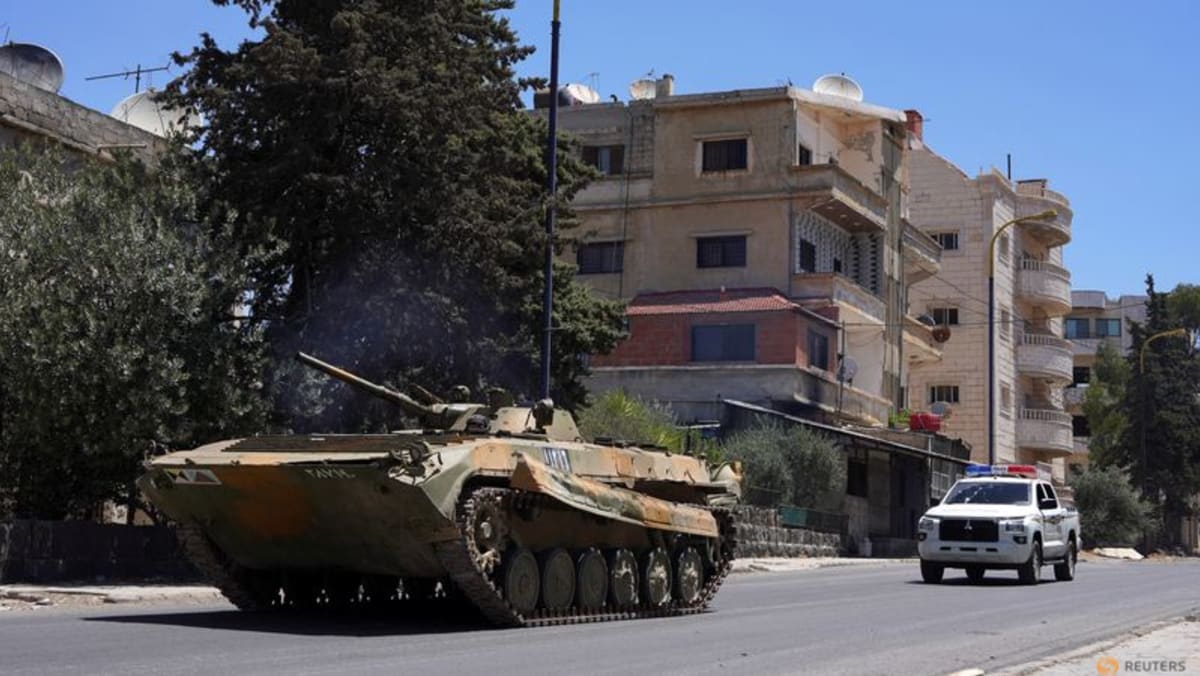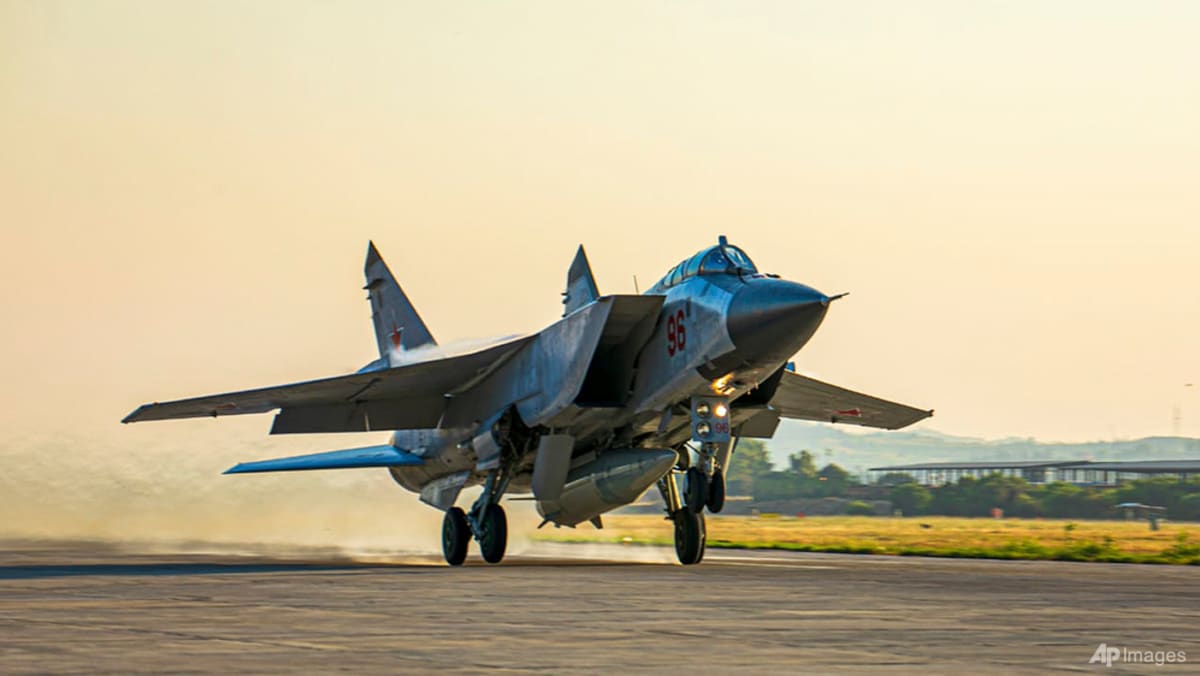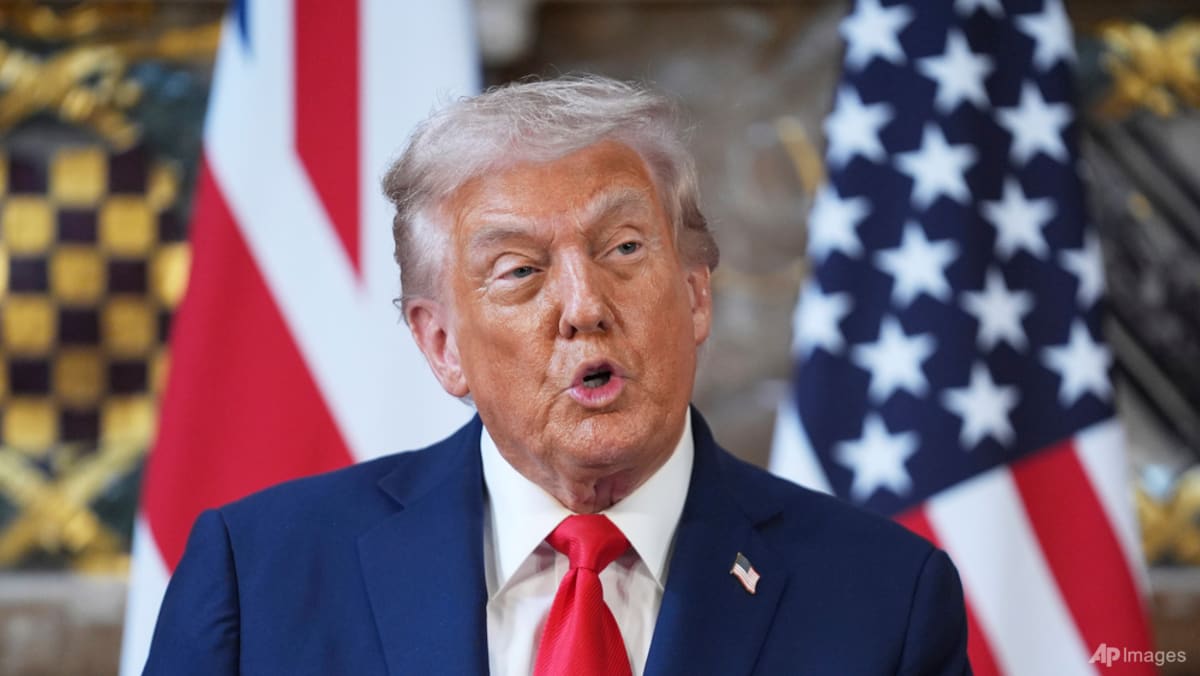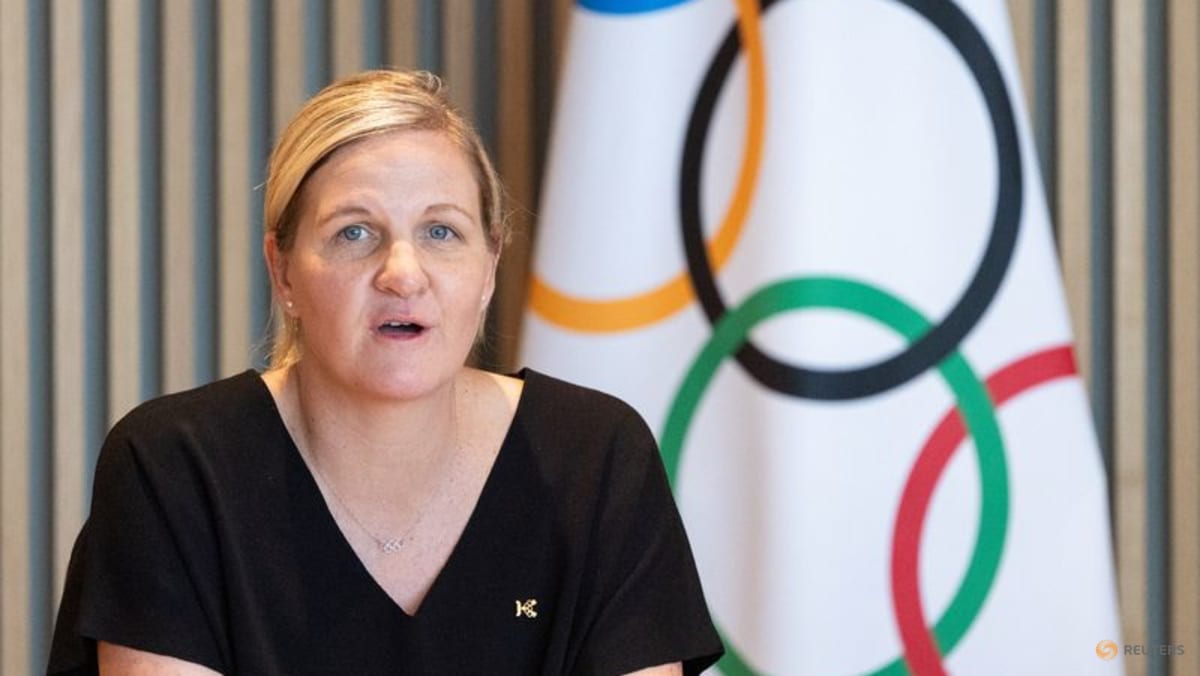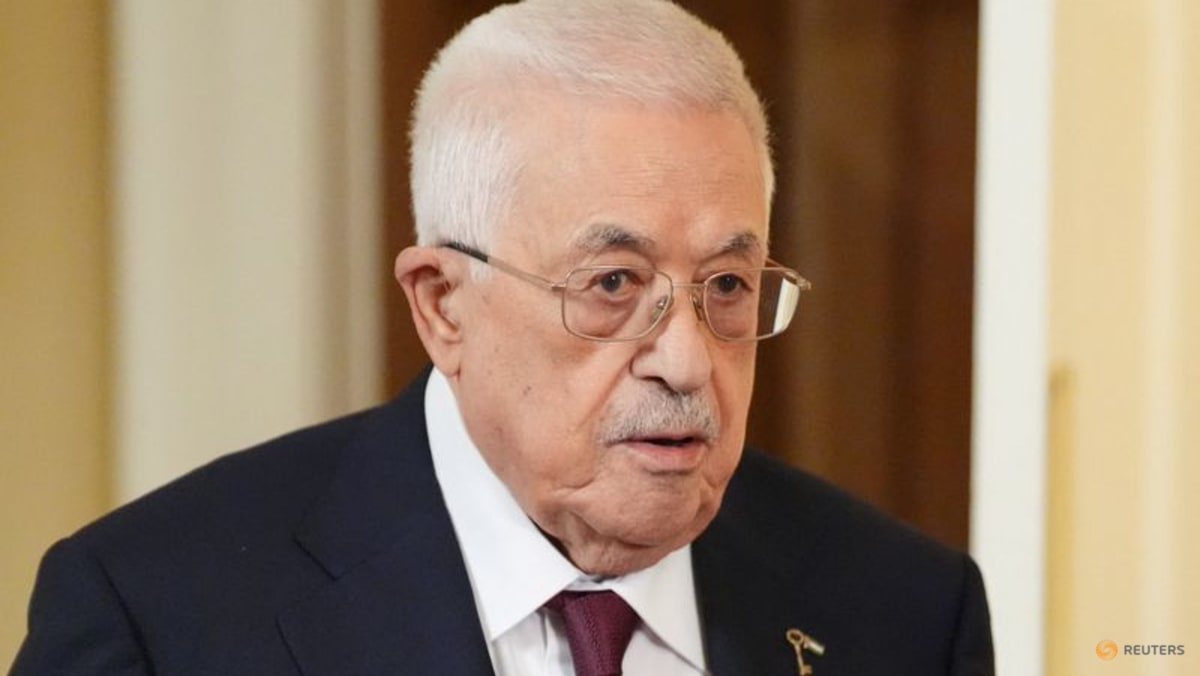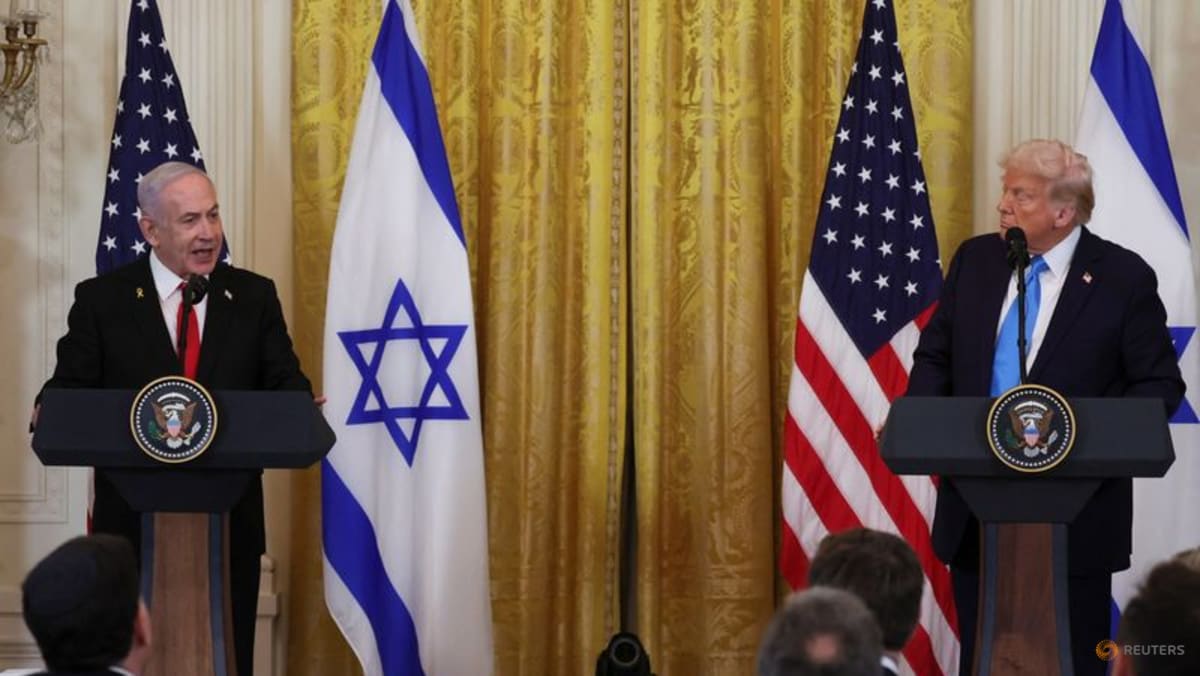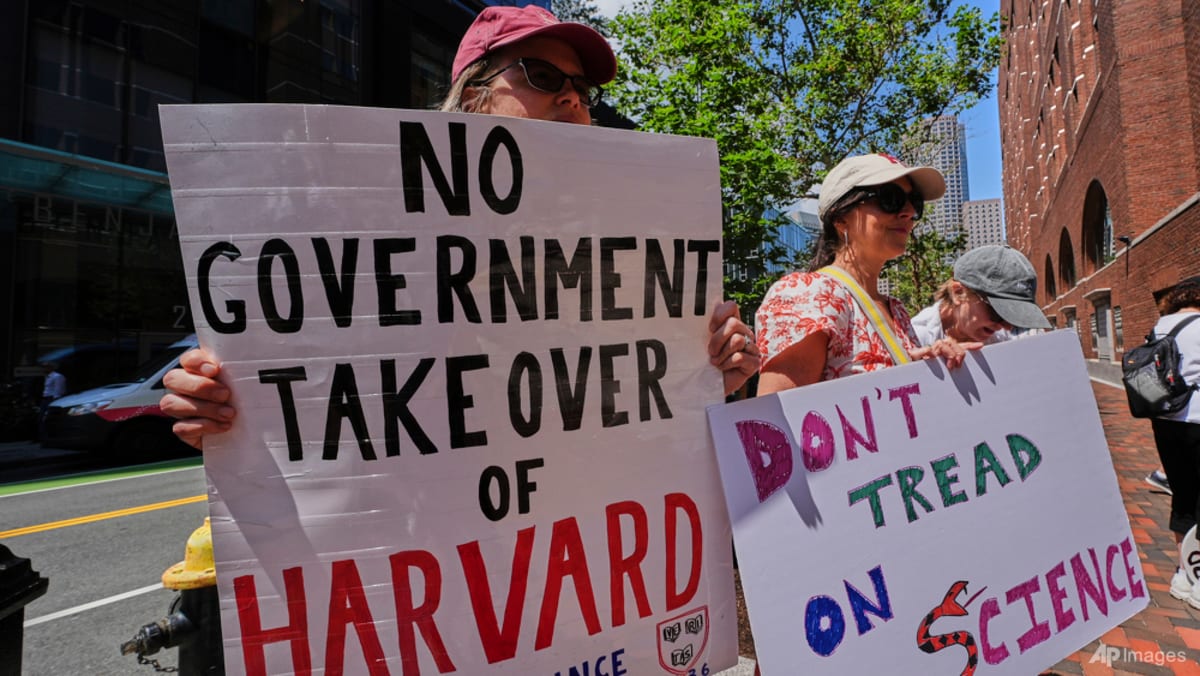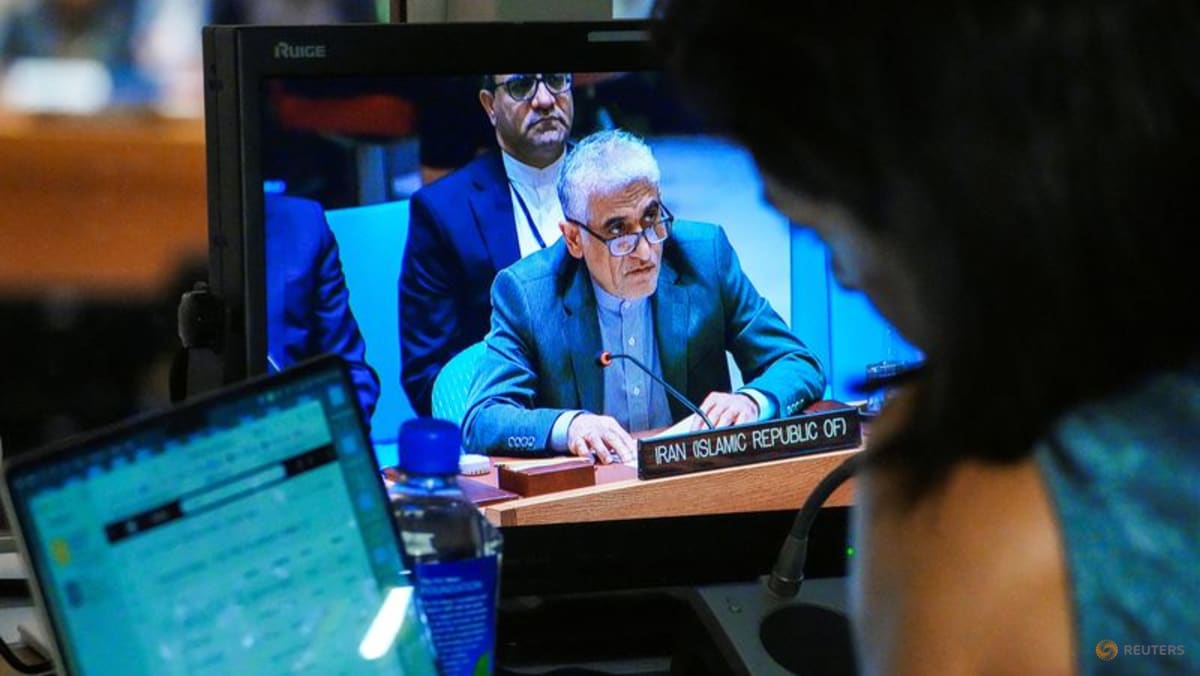HUMANITARIAN CORRIDORS
The deal between the government and Israel was announced by Washington early on Saturday Damascus time.
US pointman on Syria, Tom Barrack, said interim President Ahmed al-Sharaa and Israeli Prime Minister Benjamin Netanyahu “have agreed to a ceasefire” negotiated by the United States.
Barrack, who is the US ambassador to Ankara, said the deal had the backing of Turkey, a key supporter of Sharaa, as well as neighbouring Jordan.
“We call upon Druze, Bedouins and Sunnis to put down their weapons and together with other minorities build a new and united Syrian identity in peace and prosperity with its neighbours,” he wrote on X.
Barrack later held a meeting in Amman with the Syrian and Jordanian top diplomats, during which they “agreed on practical steps to support Syria in implementing the agreement”, the US envoy said in a later post on X.
The US administration, which alongside Turkey and Saudi Arabia, has forged ties with the president despite his past links with Al-Qaeda, was critical of its Israeli ally’s recent air strikes on Syria and had sought a way out for Sharaa’s government.
Sharaa followed up on the US announcement with a televised speech in which he announced an immediate ceasefire in Sweida and renewed his pledge to protect Syria’s ethnic and religious minorities.
“The Syrian state is committed to protecting all minorities and communities in the country … We condemn all crimes committed” in Sweida, he said.
